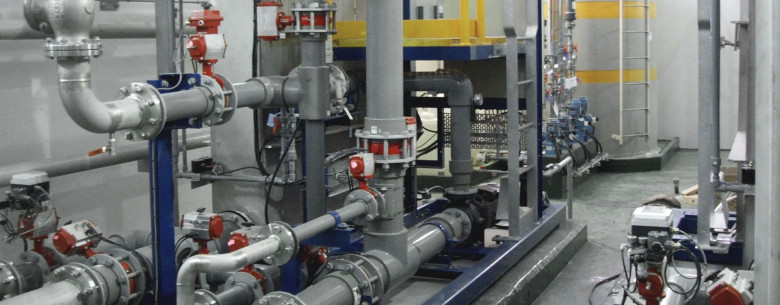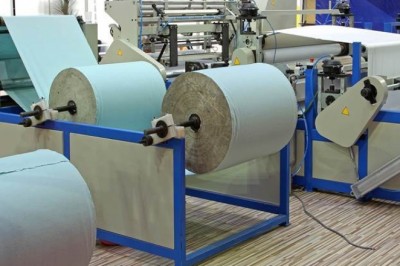views

It is a fact that freshwater is not an infinite resource. Many regions across the world are already facing water shortages due to overuse and pollution of freshwater sources. At the rate in which the remaining freshwater sources around the globe are being exploited, additional regions are going to start experiencing water scarcity. This is precisely the reason that developing and implementing efficient water recycling systems or treatment have become important. Industries and factories are a major user of our freshwater resources.
Many businesses which depend heavily on the water have already put in place treatment systems for wastewater. But the importance of treating wastewater stretches beyond the realm of industries.

The Australian Scenario
Australian industries (Manufacturing, Agriculture, Mining, Gas & Electricity) consume a huge quantity of freshwater and generate wastewater that is expensive to treat and dispose. Also, with climate change, scarcity of freshwater has intensified, putting pressure on industries to put in place intelligent strategies to recycle wastewater to help reduce costs and the consumption of freshwater.
Data from the ABS (Australia Bureau of Statistics) reveals that industries consume 85% of the freshwater in the country and households consume the rest. Water consumption is relatively consistent from year to year among the industries, with agriculture consuming the most (at over 60%). These statistics indicate where the burden of conserving water lies.
The Importance of Recycling Water
Following are some reasons why wastewater recycling is important:
● Sustainable development
The already scarce stores of freshwater in the country and the world have become subject to immense pressure because of intensifying increase of food production due to a rapid growth of population and urbanization. Sustainable growth of the country is not possible without wastewater treatment.
● Remove burden on finite supplies of freshwater
Although 70% of the planet is covered in water, only 1% of this water is drinkable. This is the scary reality. Even scarier is the fact that the urban population grows by 2 persons every second, causing an ever-increasing demand for freshwater. Therefore, the importance of recycling wastewater is brought to the forefront. Water is just not a resource that we can use and dispose of after one use.
● Combats scarcity of water
As commonly perceived, water scarcity is no longer a problem only for the Third World. Currently, water scarcity impacts 40% of the global population. This number is only going to rise.
Wastewater recycling helps with issues of water scarcity, and when sanitised properly, it can be reused in multiple ways. Based on its original condition and the process of treatment it has undergone, it is possible to make the water suitable for drinking.
● Conserving water
In order to be reused, there is a need for the proper treatment of wastewater. When wastewater is released into water bodies like oceans and rivers, without proper sanitization, it has the potential to harm our already scarce supplies of fresh water and damage our eco-systems which are so fragile and are already under a lot of stress.
In sum, recycling wastewater plays a significant role in water conservation. It is up to the industries of Australia to come up with better and more innovative technologies to better consume and recycle the water they use in the production of food and other items.












